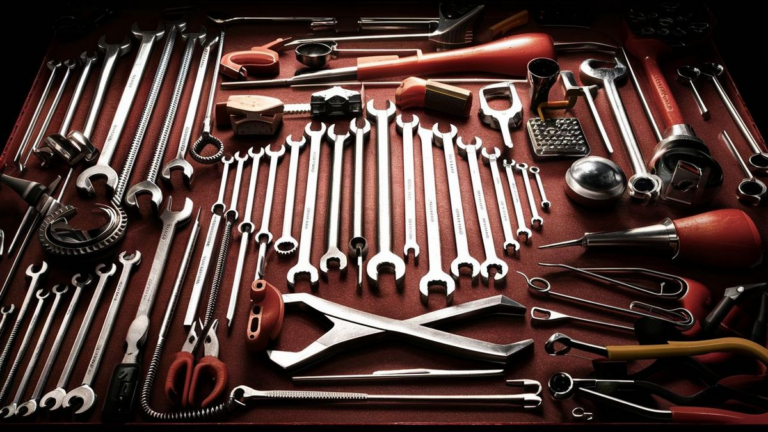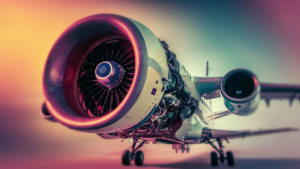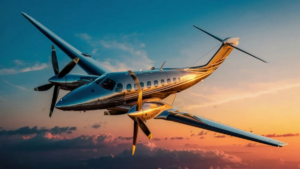When considering a career in aircraft mechanics, one common question that arises is whether aircraft mechanics make good money. Let’s delve into this topic to gain a comprehensive understanding of the earning potential in this field.
The Role of Aircraft Mechanics
Aircraft mechanics play a crucial role in ensuring the safety and efficiency of aircraft. They are responsible for inspecting, repairing, and maintaining aircraft to ensure they meet regulatory standards and operate smoothly. This role requires specialized knowledge and skills, often acquired through formal training programs.
Factors Influencing Earnings
The earning potential of aircraft mechanics can vary based on several factors:
- Experience: Experienced aircraft mechanics with years of service in the industry typically command higher salaries.
- Education and Training: Holding certifications from recognized aviation authorities and completing advanced training programs can lead to higher-paying opportunities.
- Location: Earnings can differ significantly based on geographic location, with mechanics in urban areas or regions with a high demand for aviation services often earning more.
- Type of Employer: Aircraft mechanics may work for commercial airlines, private companies, or government agencies, and the salary may vary accordingly.
Industry Trends
The aviation industry is dynamic, and economic factors, technological advancements, and market demand can influence the earning potential of aircraft mechanics. As air travel continues to grow globally, the demand for skilled mechanics is expected to remain strong, potentially leading to competitive salaries.
Salary Range
While specific salary figures can vary, aircraft mechanics generally earn a competitive income. According to data from the Bureau of Labor Statistics in the United States, the median annual wage for aircraft mechanics and service technicians was $64,310 as of May 2020. However, this figure can vary based on factors such as experience, location, and employer.
Job Outlook
The job outlook for aircraft mechanics appears favorable, with a projected growth rate of 5% from 2020 to 2030, according to the Bureau of Labor Statistics. This growth is attributed to the need to maintain and repair aging aircraft fleets, as well as the introduction of new aircraft technology requiring specialized maintenance.
In conclusion, aircraft mechanics can indeed make good money, especially with the right combination of experience, education, and specialization. The aviation industry offers promising opportunities for those seeking a rewarding career in aircraft maintenance.
Benefits Package
Aside from base salaries, aircraft mechanics often receive additional benefits as part of their compensation package. These benefits may include:
- Health insurance
- Retirement plans (such as 401(k) or pension)
- Paid time off (vacation, sick leave)
- Life insurance
- Employee discounts on travel or aviation-related services
Continuing Education and Advancement
Aircraft mechanics have opportunities for career advancement through continuing education and specialization. Many employers offer tuition assistance or reimbursement for employees pursuing further education or certifications in aviation-related fields. Advancing to higher positions, such as lead mechanic or inspector, can also lead to increased earning potential.
Frequently Asked Questions
| Question | Answer |
|---|---|
| What is the typical work environment for aircraft mechanics? | Aircraft mechanics typically work in hangars, repair stations, or on airfields. The work environment can vary from indoors to outdoors, depending on the tasks being performed. |
| Are there opportunities for overtime pay? | Yes, aircraft mechanics may have opportunities for overtime pay, especially during busy periods or when urgent repairs are needed to keep aircraft operational. |
| Do aircraft mechanics need to be licensed? | Yes, aircraft mechanics in the United States must hold a Federal Aviation Administration (FAA) mechanic’s certificate with airframe and powerplant (A&P) ratings. |
| What are some common career paths for aircraft mechanics? | Some aircraft mechanics may choose to specialize in specific types of aircraft or systems, while others may pursue roles in aircraft inspection, quality assurance, or management. |
See also:






